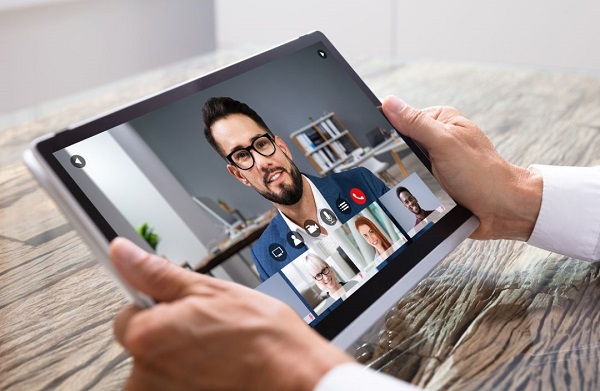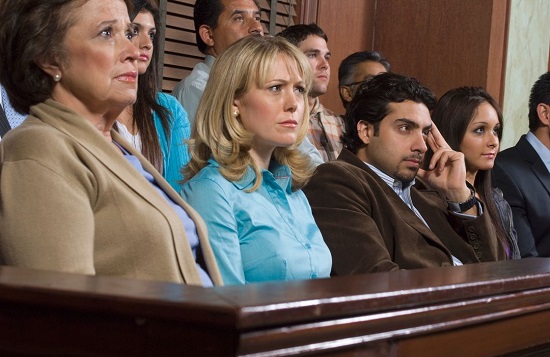As a practicing injury attorney for almost 30 years, I would say that the most significant change that has taken place in that 30 year period is the proliferation of video conferencing.
For the first 25 years of my career, every single court hearing, status conference, case evaluation hearing, client meeting, client deposition preparation and most certainly client deposition took place live and in-person. The parking lots were full at the office and at the courthouses. The office lobby was always active. Each and every year of the first 25 years of my career I would deal with traffic delays, weather delays, car trouble and every other excuse for why my opposing counsel/my client would never be on time for a court hearing or deposition. It was also impossible to be a two places at once, and my office was constantly rescheduling with the court/opposing counsel to accommodate other court hearings that were taking place in other courthouses at the exact same time.
Of course, then came the pandemic of 2020 and nothing could have prepared personal injury practitioners for the changes that were about to happen.
The Youngest Caught on First
At first, the youngest practitioners adapted to the concept of video conferencing strongly and embraced it. The mid to oldest practitioners were very recalcitrant to the idea of not being able to meet opposing counsel, and their client, face-to-face. I spoke with endless “seasoned” insurance defense practitioners who insisted that they would “never” agree to video depositions. How could they possible evaluate a plaintiff without a “live” deposition? Never!!! Until they had no choice.
Then, something changed. After a few hearings via video conferencing, it became obvious that this form of communication was far more efficient and cost-effective than in-person hearings and depositions. Then, it became the oldest generation of lawyers who embraced it the most. Why was that? For the first time in a personal injury attorney’s career, it was possible to be in multiple places, statewide, at the same time. It was suddenly possible to remain in your office or at home while the snow is falling and still get everything accomplished that you set out to do that day. There were no more traffic delays. There were no more car trouble excuses. Furthermore, when a deposition or hearing was done, you simply hit “end” or “leave meeting” button and you were right back to what you were doing before the deposition of court hearing….including being on vacation if you so choose. Now, I find that it is hardest to get the most “seasoned” insurance defense practitioners to do anything “live”.
For judges, in my opinion, it became a matter of getting more done in a shorter period of time with all of the same advantages (no more car trouble and traffic excuses). In fact, with video conferencing hearings, when a attorney does not have a matter on their calendar, and they are 40 miles away, that attorney can simply jump on the computer and join the court hearing without having to reschedule.
Ask for an In-Person HearingYou Will Get It!!!
Sometimes an in-person hearing is needed for one reason or another. My experience is that the hard working and practical judges of the Macomb County Circuit Court (and surrounding Circuit Courts of Michigan) will grant that request and schedule the next hearing to be “in-person with all counsel and persons with authority to appear live”. This has become an effective tool towards the end of the case…since appearing before the judge has become the exception rather than the rule.
A Change in How We Practice
From a practical standpoint, those who are injured in an accident are less mobile and less willing to get out of their house to go meet with their attorney. Instead, they can simply join a video conferencing meeting and you are meeting suddenly face-to-face from their couch or bed. The client can also rest easy knowing that they will likely not have to appear personally in court unless and until the case gets close to a jury trial.
The ramifications of the pandemic of 2020 as it relates to personal injury practitioners and the practice of law cannot be overstated. Although some judges are attempting to make in-person hearings more frequent on injury cases, the mandate of the Michigan Supreme Court remains that these hearings shall take place via video conferencing whenever possible.
Although I do miss watching live court, speaking with other practitioners at the case evaluation hearings, seeing old friends from other forms of practice, these benefits are seemingly far outweighed by the convenience of video conferencing for the injury practitioner.
Get David Get Paid
If you, or someone you know and care about, has been injured in an accident; we encourage you to contact us and schedule a confidential consultation to review your situation and case.



